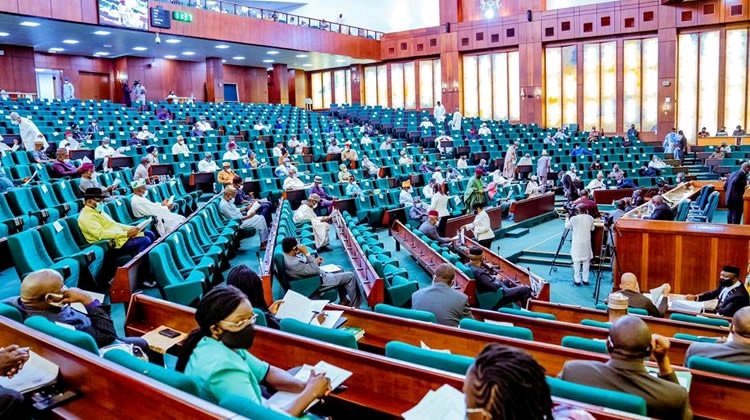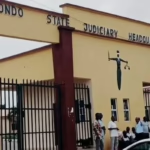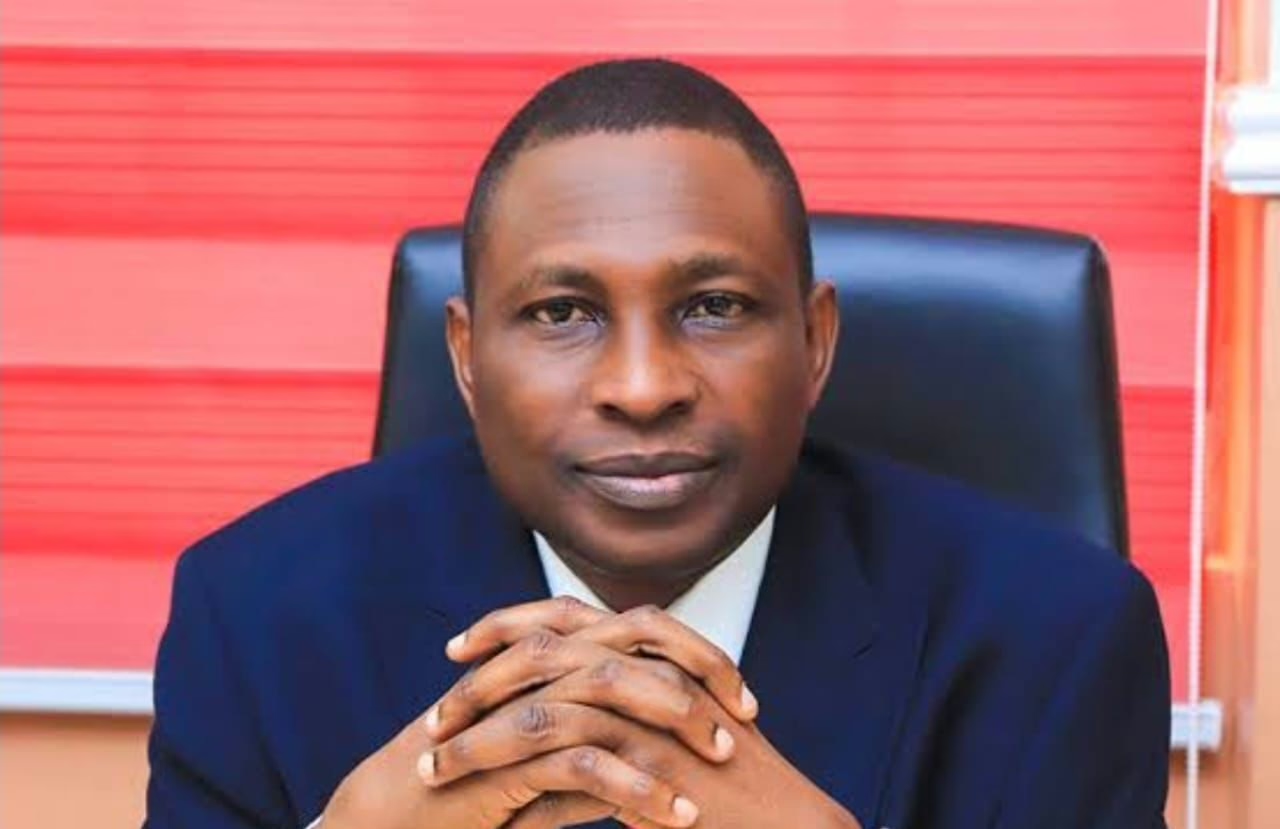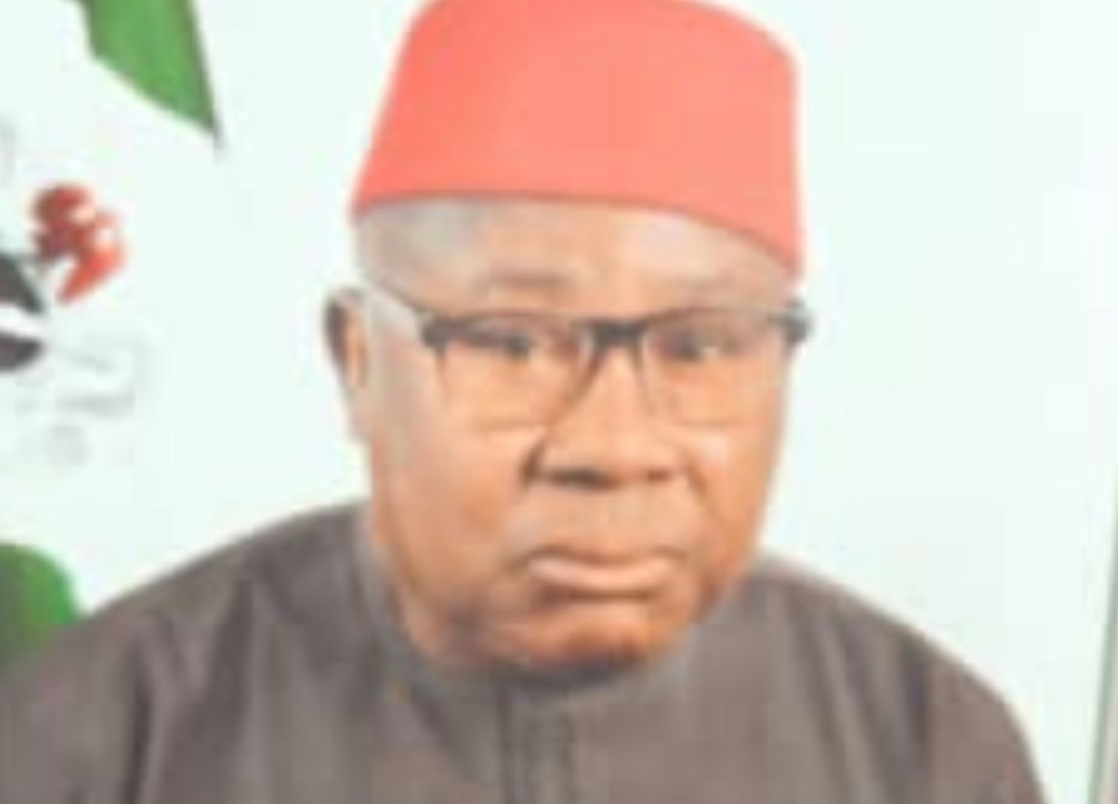The House of Representatives has passed the Nigerian Peace Keeping (Support & Participation) Bill, 2018, which seeks to restrict the powers of the President on peacekeeping missions, for second reading.
When the bill is passed by the National Assembly and signed into law by the President, it will become mandatory for the National Assembly to approve Nigeria’s peacekeeping missions in other countries.
The Federal Government will also be mandated to outline its peacekeeping activities and the costs, while the National Assembly will appropriate funds for their execution.
The legislation is titled ‘A Bill for an Act to Provide for Statutory Regulations of Peace Keeping Operations by Members of the Nigerian Armed Forces, the Nigeria Police, the Nigerian Security and Civil Defence Corps and Other Security Organisations; and for Related Matters.’
A member of the House, Oluwole Oke, who sponsored the bill, noted that since Nigeria’s independence from British colonial rule in 1960, the country has been a frontline state and major contributor to United Nations and non-UN peacekeeping initiatives.
Oke also noted that in 1960, Nigeria deployed the first set of individual police officers in Africa, stressing that that country has reportedly spent over $8bn in peacekeeping missions within the Economic Community of West Africa States, including Cote d’Ivoire, Guinea-Bissau, Liberia, Mali and Sierra Leone.
He said, “The legendary feats of our gallant Armed Forces remain evident in countries like Liberia and Sierra Leone where we poured human and material resources to bring peace to those troubled states at that time. In 2004, Nigerian troops were deployed to Darfur as a part of the African Union Mission in Sudan. Nigeria also provided 1,200 troops and 200 police officers to Mali in 2004.
It is, however, surprising that despite the fact that we have been a major contributor to UN and non-UN peacekeeping missions, Nigeria does not have a regulatory framework that guides the deployment and withdrawal of Nigerian troops and security personnel from conflict zones. Interestingly, Nigerian law does not contain a single provision on this subject matter.”
The lawmaker stated that though Section 305 of the 1999 Constitution vests clear powers in the President to declare a state of emergency in the Federation or a part thereof, these powers are restricted to the boundaries of Nigeria.
“Hence, where there is the need to deploy troops and security personnel outside the shores of Nigeria, the Constitution does not make any specific provision for this and the practice has been that the President simply gives his approval for involvement in peacekeeping mission(s),” he noted.
Oke pointed out that the practice in other jurisdictions is different, as there is a clear legal framework in place that clearly outlines the steps that should be taken when such a decision is to be taken, and clearly spells out the rules that guide its operations.
He added, “Many other jurisdictions have similar laws and it is important that this important foreign policy tool at our disposal is properly regulated and the required legal framework exists and is comparable with the practice in other countries.”
According to the sponsor, the objective of the bill is to set out a regulatory framework and to provide for statutory regulation of peacekeeping operations by members of the Nigerian Armed Forces, the Nigeria Police, the Nigerian Security and Civil Defence Corps and other security organisations.










Leave a Reply